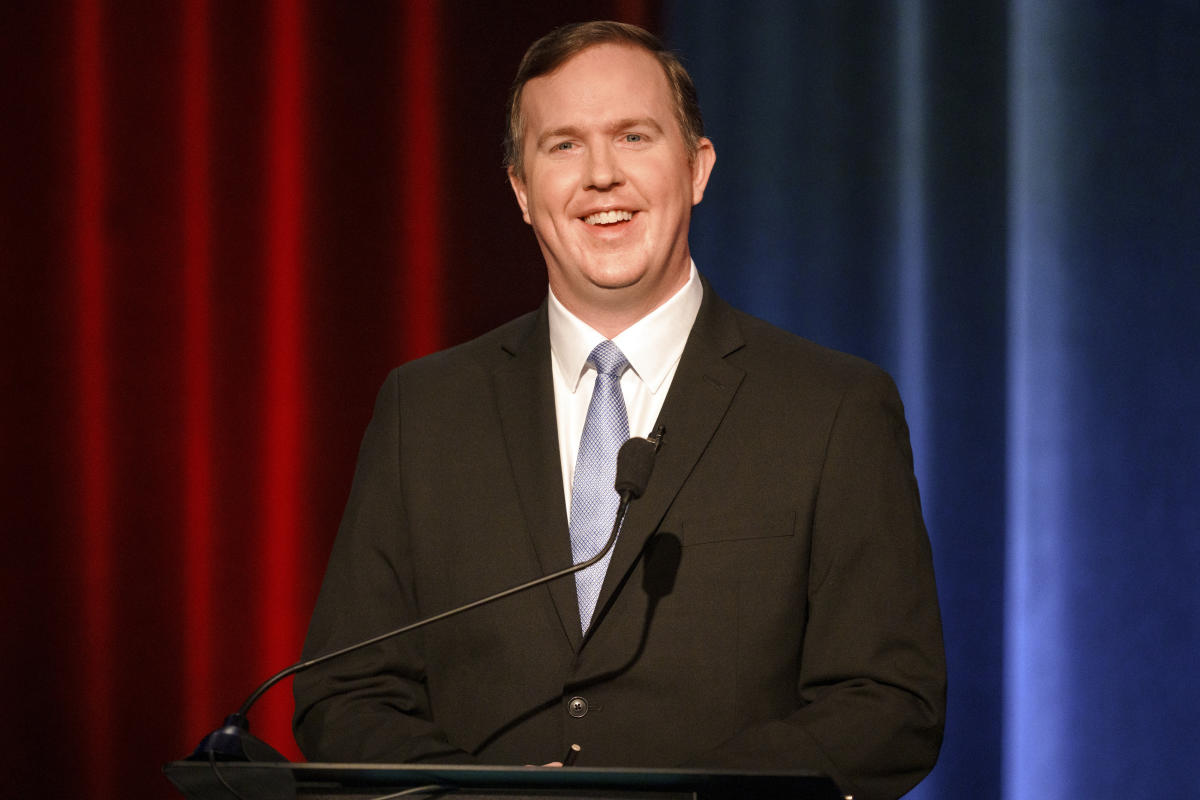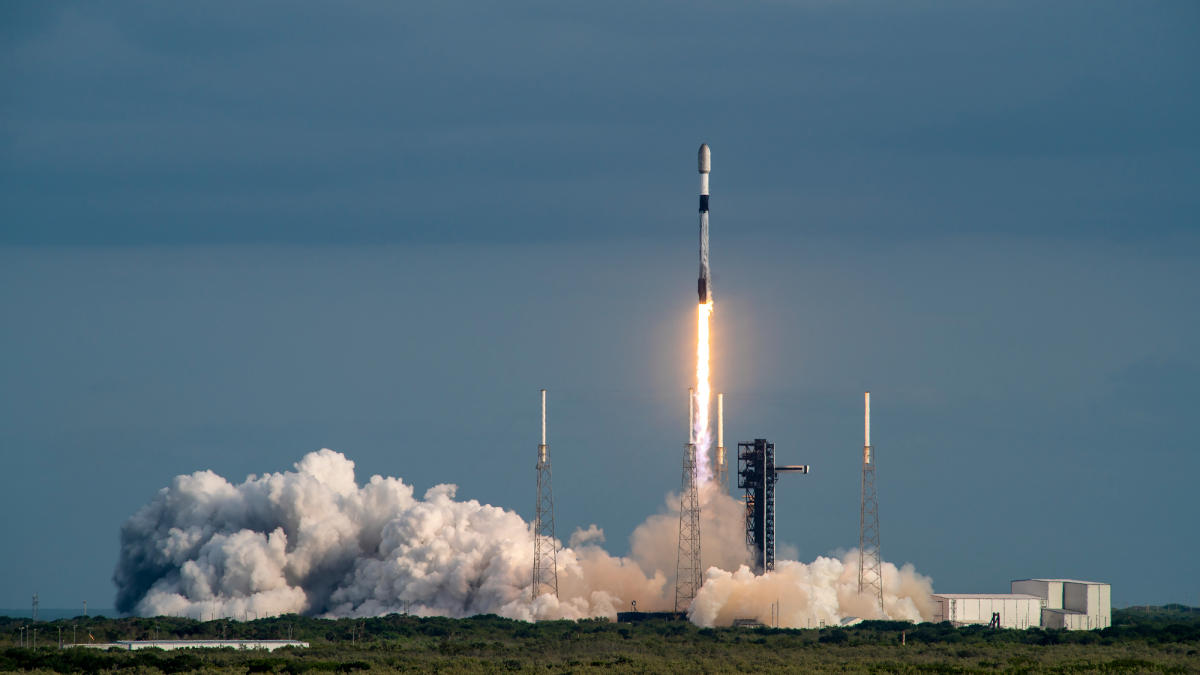[1/2]Participants take part in an annual LGBTQ+ Pride parade, in Kathmandu, Nepal June 10, 2023. REUTERS/Navesh Chitrakar/File Photo Acquire Licensing Rights
KATHMANDU, Nov 29 (Reuters) – (This story has been corrected to fix the reference to Taiwan in paragraph 9)
Local authorities in a village in Nepal registered the Himalayan nation’s first same-sex marriage on Wednesday, officials and activists said, five months after the Supreme Court issued an interim order clearing the way for such marriages in the largely conservative country.
The marriage between 36-year-old Ram Bahadur (Maya) Gurung, who was born male but identifies as female, and Surendra Pandey, 26, who was born and identifies as male, was formally registered at the Dordi rural municipality office in the Lumjung district in west Nepal, an official said.
“We are both very happy. Like us, all others in our community are happy too,” Pandey said in a phone interview.
The couple have been in a relationship for nine years and got married according to Hindu rituals in 2016 in the capital Kathmandu.
“We have issued the marriage registration certificate to the couple in consideration of the Supreme Court order and instructions from relevant government authorities,” said Hem Raj Kafle, chief administrative officer of the Dordi rural municipality.
In June, the country’s Supreme Court issued an interim order allowing same-sex couples to register their marriages pending a final verdict.
Sunil Babu Pant, founder of the Blue Diamond Society, Nepal’s leading gay rights organisation, said it was a victory for sexual and gender minorities who have long demanded equal rights, including recognition of their marriages.
“It is historic,” said Pant, a former lawmaker, noting that it was the first such registration in South Asia. “It will open the door for them to jointly open bank accounts, own and transfer property like just any other couples.”
Taiwan is the only other place to legalise same-sex marriage in Asia, where societies remain largely conservative.
Hindu-majority Nepal has become increasingly progressive since a decade-long Maoist insurgency ended in 2006. Two years later, political parties voted to abolish the 239-year-old Hindu monarchy, a key demand of the Maoists, whose chief commander is now prime minister and leading a coalition government with the centrist Nepali Congress party.
Reporting by Gopal Sharma, editing by Shilpa Jamkhandikar and Richard Chang
Our Standards: The Thomson Reuters Trust Principles.

David Turner is a globe-trotting journalist who brings a global perspective to our readers. With a commitment to shedding light on international events, he explores complex geopolitical issues, offering a nuanced view of the world’s most pressing challenges.

/cloudfront-us-east-2.images.arcpublishing.com/reuters/GKR57BZQ25JDFHSHEHCOBFZVS4.jpg)






